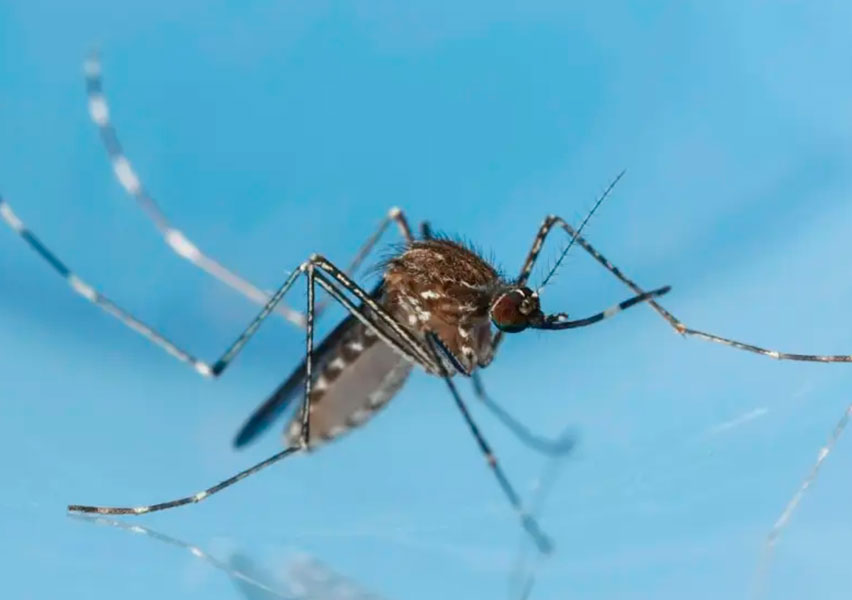Mayaro
Mayaro Virus (MAYV) is an emerging mosquito-borne virus that belongs to the Togaviridae family and the Alphavirus genus. It causes an acute febrile illness in humans, with clinical symptoms similar to Dengue. It is transmitted through the bite of mosquitoes, particularly those from the Aedes genus. Although the disease is usually self-limiting, it can leave persistent joint pain as a sequela that may last for weeks or even months.
Clinical Features
The incubation period ranges from several days up to three weeks. MAYV infection is characterized by a classic triad of fever, rash, and arthritis. Other symptoms include:
- Asthenia (fatigue)
- Myalgias (muscle pain)
- Tendinitis
- Polyarthralgias, which may persist for up to 6 months
Diagnosis:
- PCR: A generic PCR test can be used to detect alphaviruses, or a specific PCR for MAYV, which is useful during the early viremic phase.
- Serology: From day three onward, IgM antibodies can be detected, followed later by IgG, using methods such as ELISA, IFA, HI, or neutralization tests. IgM may remain detectable for up to 3 months, while IgG can persist for years.
- Cross-reactivity: False positives may occur due to cross-reactivity with other alphaviruses. Therefore, a specific PCR for MAYV is considered the most reliable diagnostic method.
Treatment:
There is no specific treatment for Mayaro virus fever. In general, supportive symptomatic treatment is sufficient, including maintaining adequate fluid intake. Affected individuals usually require rest during the initial days due to fatigue and general discomfort. However, if joint pain persists for a prolonged period, returning to normal activity may be challenging.

